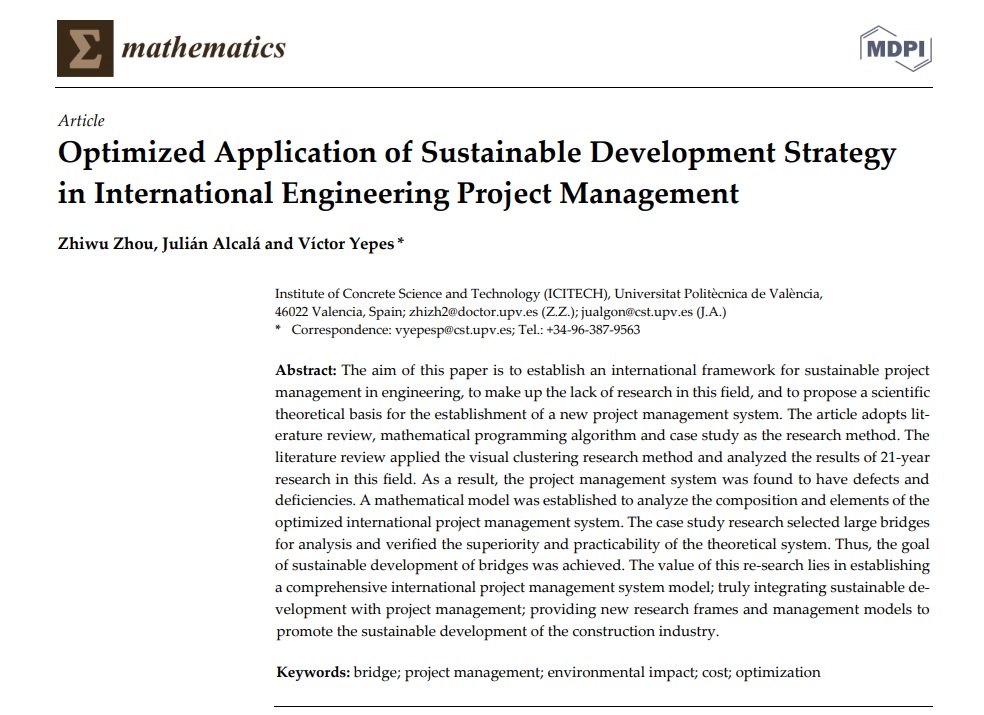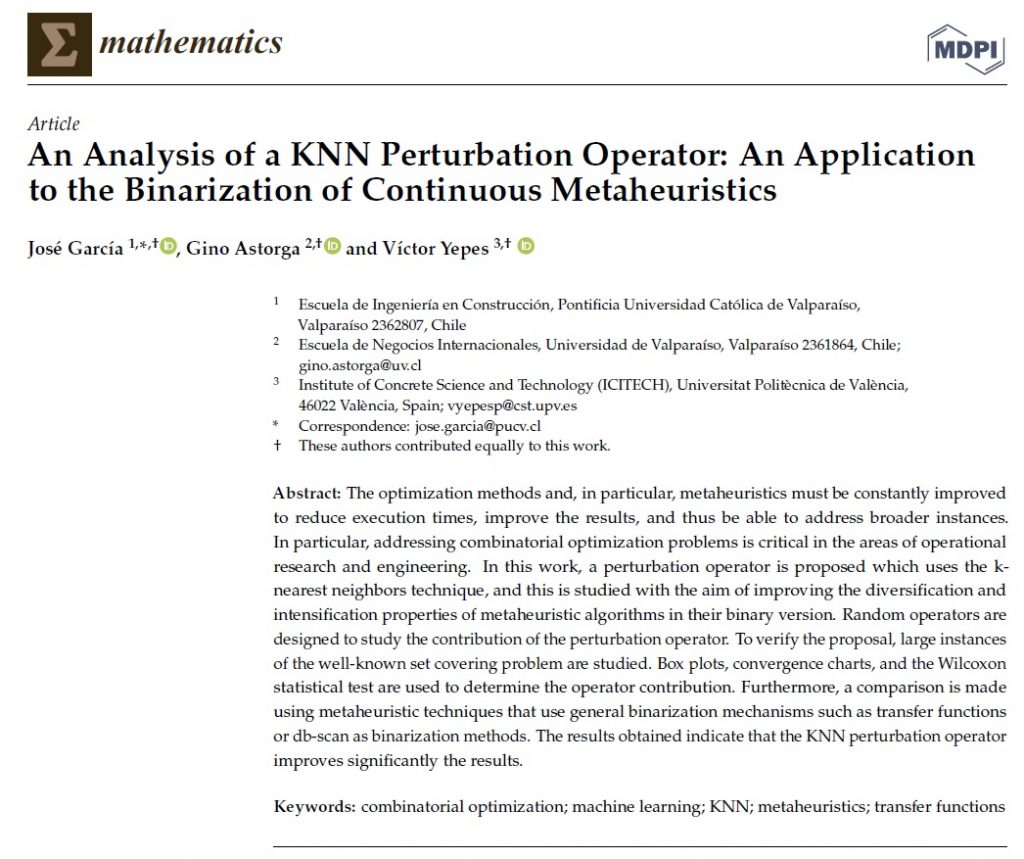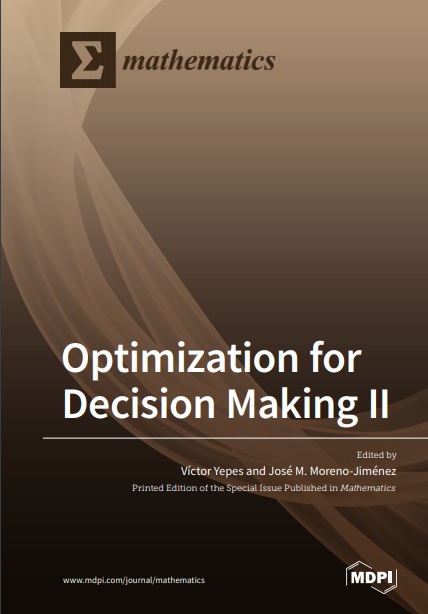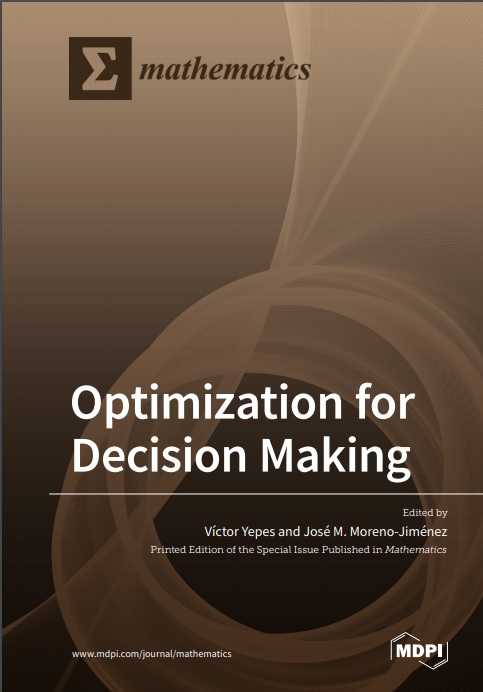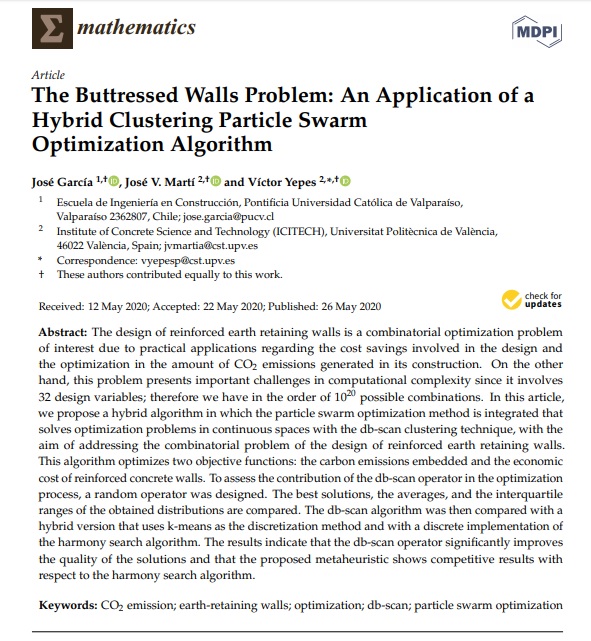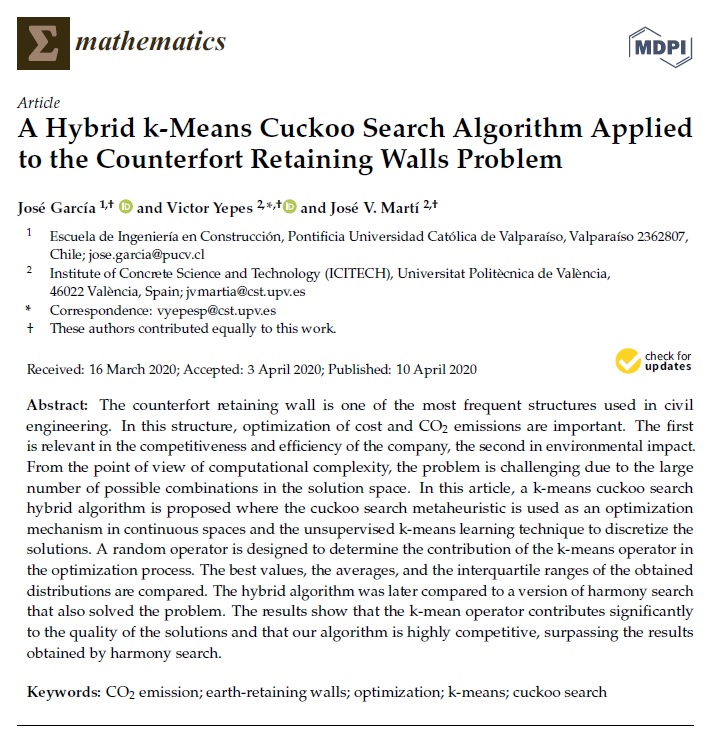Acaban de publicar nuestro artículo en la revista Mathematics, indexada en QD1 del JCR. El artículo analiza cómo la inteligencia artificial y el control pueden mejorar la eficiencia y la seguridad en procesos industriales complejos, especialmente en la minería. Este trabajo se enmarca dentro del proyecto de investigación RESILIFE, que dirijo como investigador principal.
La pregunta de investigación central es: ¿Cómo pueden los métodos de control robusto, el aprendizaje automático y la teoría del caos mejorar la eficiencia, estabilidad y seguridad en procesos industriales complejos?
Esto define el problema específico del estudio, que se centra en encontrar enfoques matemáticos y computacionales para gestionar interacciones no lineales y la incertidumbre en sectores como la minería, la manufactura y la transición energética. También explica los objetivos del trabajo, que son evaluar estrategias de optimización con big data, ciberseguridad y control predictivo en entornos de alta variabilidad.
El estudio revisó la literatura entre 2015 y 2025 usando Scopus y Web of Science, encontrando 2628 referencias en Scopus y 343 en WoS. Se usó un programa informático para eliminar las referencias que no eran relevantes. Se consiguieron 2900 referencias, de las cuales 89 fueron muy relevantes. El análisis se hizo en seis áreas clave:
- Transferencia de calor en fluidos magnetizados.
- Control no lineal en sistemas de alta complejidad.
- Optimización basada en big data.
- Transición energética con SOEC.
- Detección de fallos en válvulas de control.
- Modelado estocástico con transiciones semi-Markovianas.
La metodología usa la vectorización TF-IDF y el análisis de conglomerados (k-means), y genera resúmenes temáticos automáticos con el modelo BART-Large-CNN. Se usaron herramientas de minería de textos y análisis bibliométrico para asegurar la calidad y relevancia de los artículos seleccionados.
El artículo tiene varias contribuciones importantes para la ingeniería:
- Se identifican las tendencias actuales en el control de procesos no lineales, destacando la convergencia entre aprendizaje profundo, modelos de caos determinista y ciberseguridad en entornos industriales.
- Se establece la importancia del control robusto y predictivo en la minería y la manufactura avanzada, permitiendo mitigar perturbaciones externas y mejorar la adaptabilidad de los sistemas.
- Se analiza la aplicación de criptografía caótica para la protección de redes industriales, un factor clave en la implementación de Minería 4.0 y 5.0.
- Se exploran las barreras para la implementación de modelos de optimización y big data, como la heterogeneidad de plataformas, la interoperabilidad y la disponibilidad limitada de datos.
El estudio muestra que el aprendizaje automático se usa cada vez más para mejorar procesos industriales difíciles. Los modelos híbridos (física + IA) son buenos para gestionar la incertidumbre y los modelos caóticos mejoran la ciberseguridad.
Pero aún hay problemas, como la necesidad de datos de alta calidad para entrenar modelos de machine learning, la escalabilidad de los algoritmos en entornos industriales distribuidos y la falta de estandarización en los protocolos de seguridad. También se destaca la importancia de usar análisis multi-escala y teoría del caos en el diseño de sistemas industriales resistentes.
El artículo propone varias líneas de investigación futura:
- Desarrollo de modelos híbridos de predicción y control que combinen algoritmos de deep learning con principios de caos determinista y optimización bayesiana.
- Integración de soluciones avanzadas de ciberseguridad, como sincronización de atractores caóticos y encriptación basada en memristores.
- Implementación de proyectos piloto en minería e industrias de manufactura para validar la eficacia de los modelos de control predictivo en escenarios reales.
- Desarrollo de metodologías de explicabilidad para la interpretación de modelos no lineales en la industria, permitiendo una adopción más amplia en el sector productivo.
El artículo analiza cómo se usan en la industria los modelos de control no lineal, la optimización con big data y las estrategias de ciberseguridad. El estudio subraya que es importante usar enfoques interdisciplinarios que integren la teoría del caos, el aprendizaje automático y las metodologías de control robusto. Esto se debe a que así se mejora la estabilidad y la eficiencia en la minería y la manufactura avanzada. También se destaca la importancia de crear normas y regulaciones para integrar estas tecnologías de manera segura y eficiente en la industria, enfrentando problemas externos y ciberataques.
Referencia:
ROJAS, L.; YEPES, V.; GARCÍA, J. (2025). Complex Dynamics and Intelligent Control: Advances, Challenges, and Applications in Mining and Industrial Processes. Mathematics, 13(6):961. DOI:10.3390/math13060961
Como el artículo está publicado en abierto, os lo dejo para su descarga.



